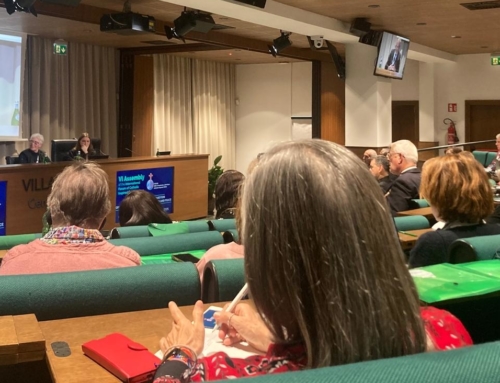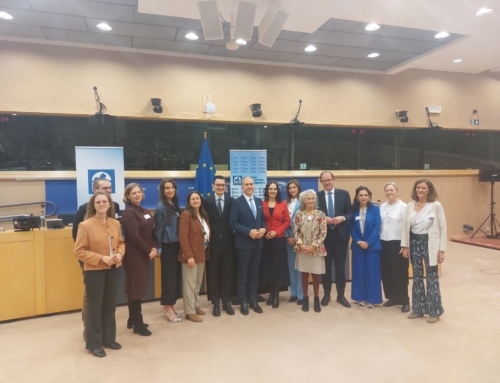Brussels, 22 October 2025
Supporting families is not directly a European competence, but the EU can still act through cohesion policy, i.e., European aid to less-developed regions.
The Cohesion Policy is the only European funding program that includes demographics among its targets. Aging populations, the decline of rural regions, and the exodus of young families are taken into account in the allocation of cohesion funds to reduce inequalities and stimulate the development of regions in need.
However, in the interests of rationality, the current 540 or so programs will be replaced by 27 national and regional partnership plans, one for each Member State.
In July, the European Commission has unveiled its proposal for the 2028-2034 Multiannual Financial Framework (MFF), worth approximately €1.9 trillion. The Multiannual Financial Framework is the European Union’s long-term budget, lasting for 5 years.
Under this proposal of reform, the Cohesion policy funds will be combined with those for the Common Agricultural Policy, social policy, fisheries policy, as well as migration and border management.
This concern stems directly from the Commission’s proposal, which reorganizes funding mechanisms by reducing implementation by the regions. Needy regions therefore fear funding that will be less targeted to their specific needs, since they will no longer have a say.
Regional authorities are concerned about an imminent loss of control over billions of euros of European funds, abandoning a decade-old catch-up policy. This concern stems directly from the Commission’s proposal, which reorganizes territorial financing mechanisms (via national/regional partnerships), which could reduce the regions’ autonomy and their ability to attract targeted funding. Regions fear a less effective adaptation to specific local needs.
The President of the Committee of the Regions (CoR), Kata Tüttő, strongly criticized the 2028-2034 budget proposal, attacking it as a policy of “massive renationalization” and deferring decisions to the national level through “monster national plans“.
Political groups in the European Parliament (EPP, S&D, Greens, Liberals) also denounced a reduction in the European dimension of the budget and a weakening of their role. The greater centralization of the entire financial structure in the hands of the Member States and the Commission has already sparked outrage since the proposal was presented.
“Social cohesion is a key pillar of the response to the demographic winter. We have long been calling for the two to be considered inextricably linked” said FAFCE President Vincenzo Bassi.
This is why the reform of the EU Cohesion Policy risks undermining support for demographic challenges, which remains at the poorest stage of European policies.







